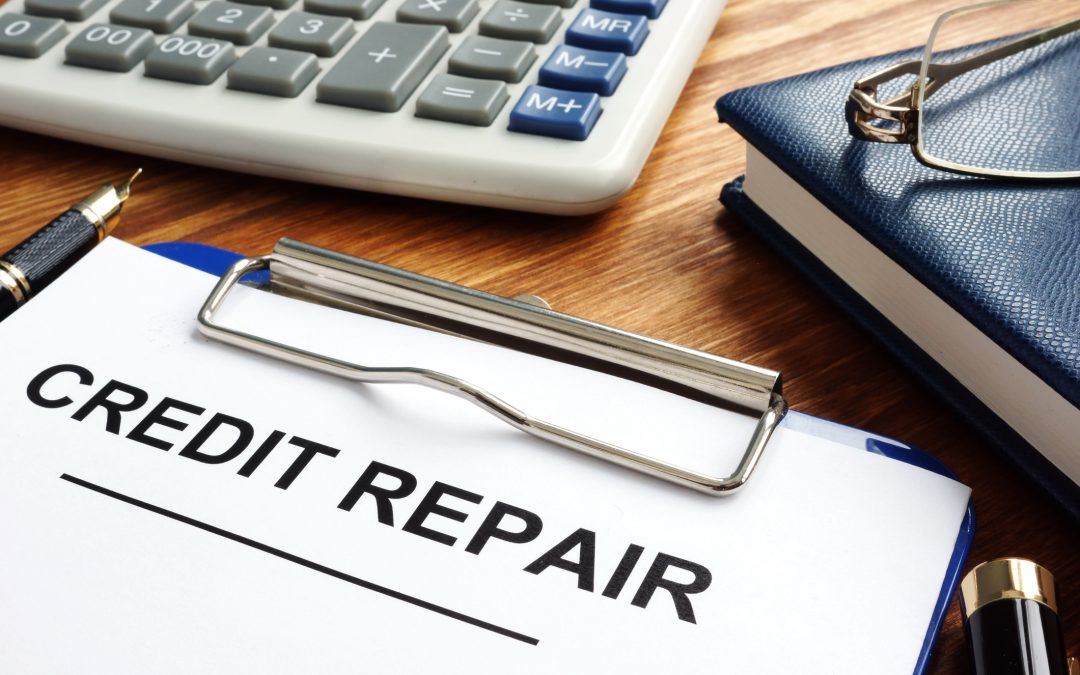Have you ever been in a situation where you didn’t pay your bills or damaged your credit? Getting a credit card too young or taking on credit card debt when you’re not ready is a common mistake that leads to a bad credit score.
I’m paying off my debt as soon as possible. Calculate your monthly bills, then figure out how much debt you owe. Pay your debts on time by setting aside 10% of your monthly salary or giving it to a family member who can handle it. Your credit score will improve, so you won’t be tempted to spend money on things that can help your credit score.
You should ensure that this family member can be trusted to help you and that they are committed to paying off your debt. Consider taking a part-time job to help pay the bills, preferably one that allows you to get paid regularly, such as waitressing or janitorial work. The work may not appear to be enjoyable to you at the time, but you’ll find that it will put cash in your pocket daily that you can use to pay off the massive debts you’ve accumulated.
A consolidation loan or a loan from a family member or friend could also be used to fix your credit fast. Make sure to contact all of your creditors, and email them if necessary, so that you can find out how much you owe to each, and then see if you can get a loan to cover all your debts from your bank, which will have the effect of relieving your stress.
You may be able to get a family member’s help if you cannot consolidate your debts through a bank. Consider drafting an agreement so that you will not fall into the habit of not paying your debts, especially if the loan is from a family member, and as a result, no debt collectors will be contacting you. So that you won’t burn any bridges with someone who has helped you immensely, ensure that you’re ready to take on this responsibility by paying off your debts. To ensure your credit score is not crippled in the long run, pay off your debts as quickly and efficiently as possible.
You can quickly improve your credit score by following these strategies:
- Be strategic about paying credit card balances.
- Ask your bank for a higher credit limit.
- Apply to be an authorized user.
- Make sure your bills are paid on time.
- Check your credit report for errors.
- Take care of collections accounts.
- Consider getting a secured credit card.
- Pay rent and utilities with a credit card.
- Improve your credit mix.
Conclusion
Many people often prioritize trying to improve or maintain one’s credit rating. We don’t think your credit score is as important as many people hold it out to be. If you plan to apply for credit, you will only need a high credit score. Try to do the right thing, but don’t get overly obsessed with your credit score if you are not planning on applying for credit anytime soon. Instead of using the FICO credit scoring system, many banks and credit unions use their credit scoring systems. Therefore, it is impossible to give you specific advice on how to beat the system and get the best score. A good credit score is not just about one score. But it’s about having a good credit situation.

